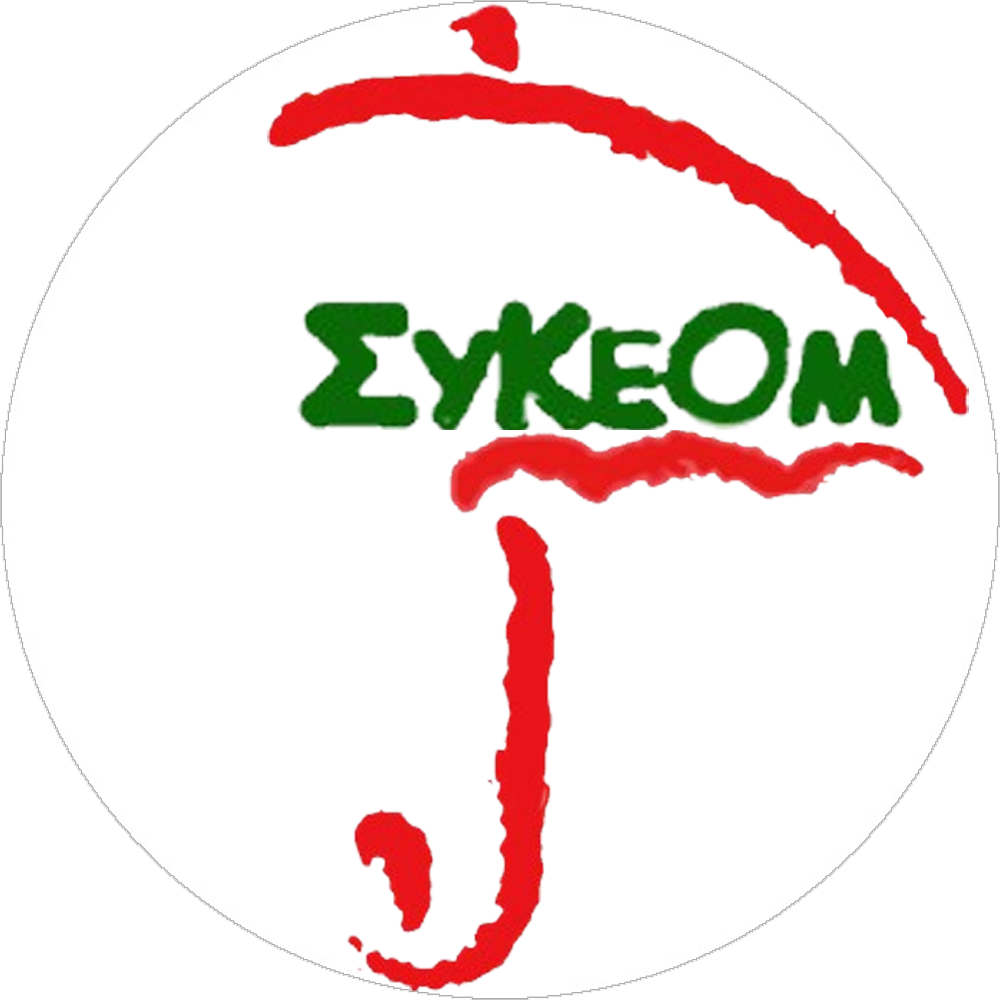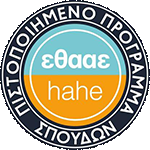Degree requirements and length of studies
The program leading to a first degree in Early Childhood Education lasts four years. The degree is awarded after completion of 161 TCs, which correspond to 250 units in the European Credit Transfer System (ECTS). Each course is normally equivalent to three (3) teaching credits (TCs). There are, however, some notable exceptions, which ar indicated in the detailed description of the program of courses and typically concern the practical training module of courses.
Semesters and examinations
Each academic year consists of two semesters, tradionally termed winter and spring. As holds more generally in Greek higher education, examinations take place at the end of each semester in February and June, while a second chance is given in September for those who have not passed the courses of the two semesters.
General registration of students each academic year
In the beginning of each academic year, the Secretariat announces specific dates for registration of first-year students but also for the renewal of registration for older students (as required by the recent Law 4009).
Registration of courses each semester
Besides the general yearly registration, students must electronically register the courses they will attend at the beginning of each semester, i.e. twice a year. Once again, specific dates are announced for this by the Secretariat shortly after the commencement of courses. No more than eight courses can be registered in each semester. Courses are either compulsory or optional. Compulsory ones must be registered in the semester indicated. However, the semester indicated for electives is only a suggestion for what is an optimal sequence of courses in each student’s personal program.
Texts and other reading material
Students are entitled to textbooks or notes and additionally a portfolio of bibliography free of charge, as provided more generally in Greek higher education. The number of textbooks can not however exceed the number of courses normally required for the degree and can not exceed that. In addition, students who already possess a first degree and have enrolled in the DECE for a second degree are not entitled to free of charge reading material. Τhe relevant reading material for each course is announced by the teachers (often in the electronic class site of the course as well), but textbooks more particularly are also indicated in the Eudoxus electronic system which is organized by the Ministry of Education. The following procedure must be followed: Students must not only register for courses electronically, but also separately for textbooks through the Eudoxus system. Greek legislation requires the academic personnel to suggest at least two alternative textbooks for each course, while students choose one of them. Details on the reading material available for each course and where it is disseminated are also announced in Table 10 outside the Secretariat of the DECE. Typically, they are picked up from the academic staff’s offices, bookshops or publishing houses. The details on dissemination of textbooks are announced in the Eudoxus system as well. In order to pick up the reading material (books, notes etc.) students must display their identity card (triptychon) and sign a relevant list.
Tutors
First-year students are provided with an advisor on the organizing of their personal program of studies and more generally for any needs during their adjustment to the DECE. Each member of the academic staff serves as tutor to a small group of students, with the groups announced by the Secretariat in September. Students are strongly advised to contact their tutors as much as possible, especially for the construction of their program of studies.
Collaboration with the academic staff more generally
The academic staff collaborates with students specified hours of the week which differ in each case and are announced at the beginning of each semester in Table 2 outside the Secretariat. Additional meetings can be arranged whenever necessary. Students are strongly advised to seek their teachers for any reason.
The Peer Counselling Center
The Peer Counselling Center (with the acronym SY.KE.OM in Greek) operates since 1995. It is based on volunteer work by third- and fourth- year students as well as graduates of the FECE, under the direction and supervision of Professor M. Malikiosi-Loizos. It serves students not only from the DECE but also the University of Athens more generally. It was established in order to meet the needs of incoming students particularly in their attempt to adjust to student life, also in the selection of courses, planning of postgraduate studies and other future plans. It offers emotional support as well as services of information and orientation. In addition, the Center’s Counselling Services offer seminars with the purpose of informing students on a variety of issues, such as building self-esteem, assertiveness training, vocational development, stress management and development of communication skills. Since the academic year 2007-2008 counselling is also provided by volunteer psychologists who are doctoral students. The Center is equipped with an electronic library of student guidebooks and other leaflets containing information on educational institutions and scholarships in Greece and abroad. It is located in 35 Ippokratous Street, 6th floor. Contact: sykeom@ecd.uoa.gr. Website: www.sykeom.ecd.uoa.gr


